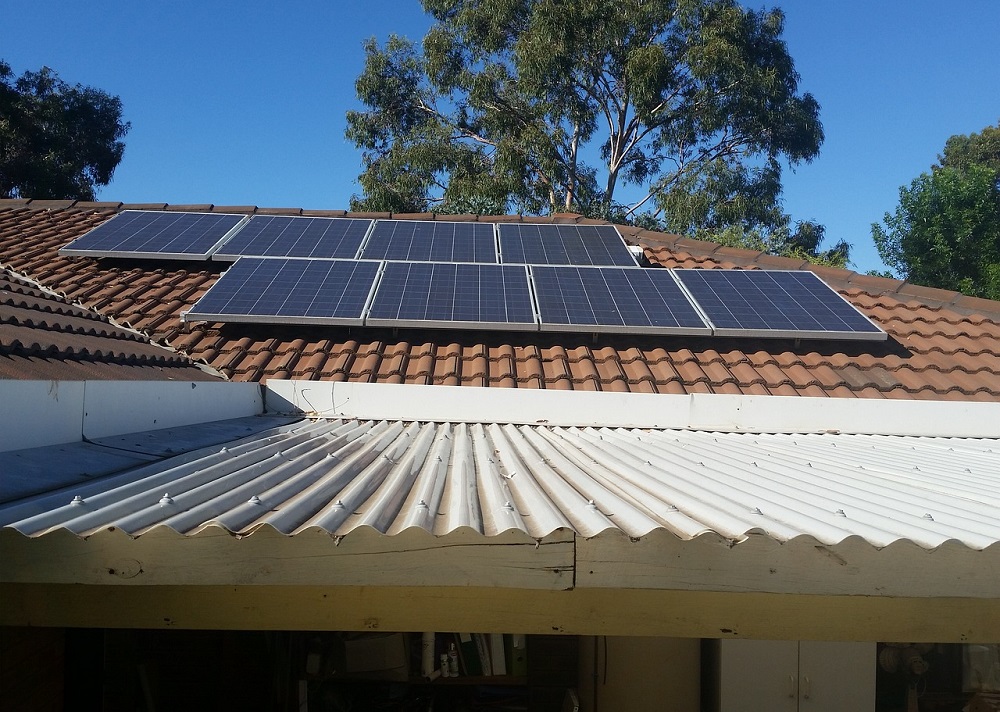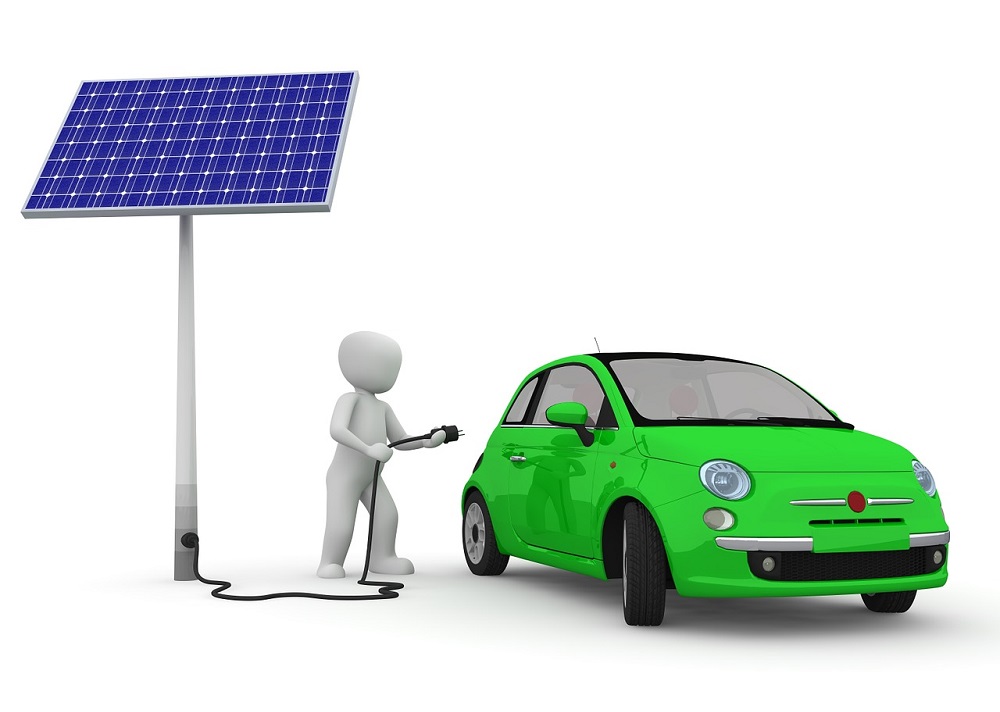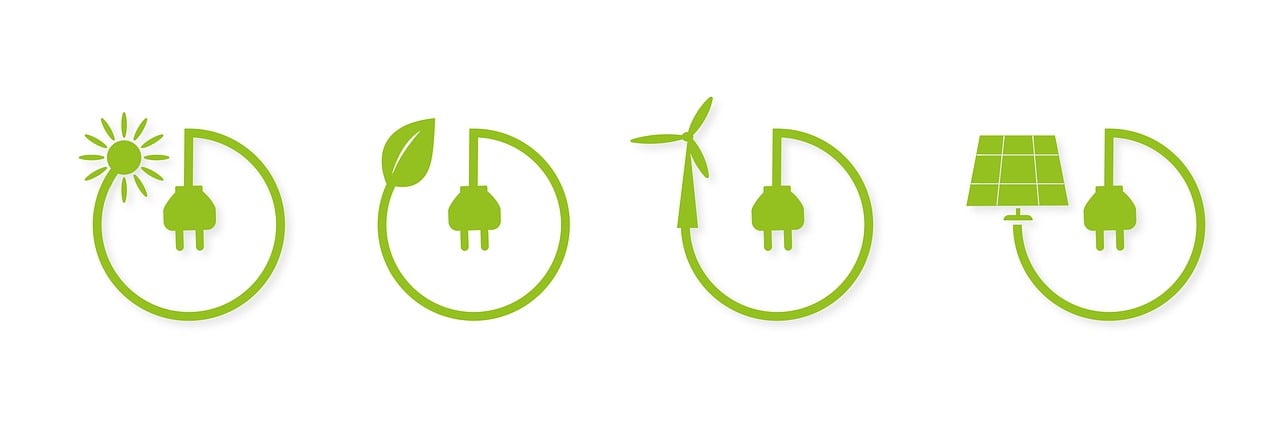
In recent years, solar energy has been popular as a renewable energy for sustainable energy development in many countries. The world is transitioning to sustainable energy solutions. Like solar energy, environmentally friendly electric cars have become a hot topic. An interesting question is whether solar panels can replace electric car chargers. If feasible, this would be a great solution for home charging. Well, let's explore the possibilities and considerations of this topic.
Can solar panels charge electric vehicles?
You can use solar energy to charge electric vehicles but cannot wholly replace electric vehicle chargers. When you install solar panels on your roof, rooftop solar power can convert sunlight into electrical energy. The generated electricity can be utilized for charging an electric vehicle in two main ways:
Direct connection to the home grid:
The electrical energy produced by the solar panels can be directly linked to the home grid through devices like inverters. This means that the electricity generated by the solar power system can be used for various household purposes, including charging your electric vehicle. You can use an electric vehicle charging device (such as an EV charging station) to connect your electric car to the home grid for charging. This is a more straightforward approach.
Utilizing an energy storage system:
Some home solar systems include an energy storage system, typically in the form of batteries. The electricity generated by the solar panels can be used to power household devices directly, and any surplus energy can be stored in the batteries. This implies that even during nighttime or unfavorable weather conditions, when the solar panels cannot produce sufficient electricity, you can still access energy stored in the battery system. The electric vehicle can be connected to the battery system when needed, using the energy stored in the solar power system for charging.
EV Charging Station Installation Contractors:
In summary, whether through direct connection to the home grid or by utilizing an energy storage system, solar panels can provide electrical energy for charging an electric vehicle, reducing reliance on the traditional power grid. This contributes to a more environmentally friendly and sustainable use of energy.

How to use solar panels to power an EV charger?
Once you've chosen your electric vehicle charger business, you need to select suitable locations to establish your charging stations. Consider residential areas, such as apartment buildings, condominiums, and multi-unit residential dwellings, or places that offer commercial services, like shopping malls, retail stores, hotels, and motels. In addition to these, locations such as hospitals, schools, and workplaces can also be considered.
Choosing the Right Electric Vehicle Charger
• Install the solar panels:
Install the solar panels on the roof or in an area that receives good sunlight. Make sure the panels are orientated to receive maximum sunlight.
• Choose the right charging equipment:
• Installation of Charge Controller:
Include a charge controller in the system to manage the transfer of electricity to the EV battery. The charge controller helps monitor the status of the battery, adjusts the charging rate, and ensures safe charging.
• Connect to your electric vehicle:
Connect your electric vehicle to the solar charging system using the appropriate charging plug or cable. This usually involves plugging the charging cable into the car's charging port.
• Monitor System Performance:
Regularly monitor the performance of your solar charging system, including solar panel output, battery status, and charge rate. Ensure that the system is functioning properly and perform maintenance as needed.
• Consider energy storage:
If your solar charging system produces more power than your electric vehicle needs at a given time, consider adding energy storage devices, such as batteries, to store the excess energy for use in low sunlight or at night. However, equipment to store solar energy is costly these days.
Do solar panels produce enough electricity to charge an electric car?
Suppose the solar panels are inefficient and produce less power per day than the capacity required for an electric vehicle battery. In that case, they will not charge an electric vehicle sufficiently.
A solar panel's output is affected by several factors, including its size, capacity, location, and weather conditions.
Most homes generally install about 15 residential solar panels with an efficiency of about 20 percent, rated at 250 to 400 watts per hour. First, we can calculate the total power production of solar panels in a day. Each panel produces 2 kWh per day, and the total number of solar panels is 15, so the total power production is 2 kWh/panel * 15 panels = 30 kWh.
Now we can compare the total electricity production of the solar panels with the battery capacity of the Tesla Model Y:
The battery capacity of the Tesla Model Y is 78.1 kWh. Since 30 kWh (total power production of the solar panels) is less than 78.1 kWh (battery capacity of the Tesla Model Y). Therefore, more than the power production of 15 solar panels in one day is required to fill the battery of the Tesla Model Y (assuming the tram battery is empty).
It is important to note that actual results may vary depending on factors such as weather, season, and orientation of the solar panel installation.

Can solar panels replace an EV charger if available?
Solar panels can provide partial charging for electric vehicles, but typically, solar panels are only a partial replacement for an electric vehicle charging station. Solar panels can charge electric vehicles by converting sunlight into electricity, but there are some limitations and challenges:
Adequate solar energy supply from time to time: Solar energy depends on weather and sunlight conditions. On cloudy or rainy days or at night, the capacity of solar panels is reduced and, therefore, may not be able to provide enough electricity to charge an EV.
Solar panel efficiency: Solar panels on the market today typically have an efficiency of between 15 and 20 percent, meaning that only a fraction of the sun's rays are converted into electricity. This makes charging relatively slow, especially if there is not enough sunlight.
High energy requirements of electric vehicles: Electric vehicles typically require high-capacity batteries, and the electricity generated by solar panels may not be sufficient to meet the high energy requirements of electric vehicles, especially for long-distance driving or frequent use.
Charging speed: Solar charging can be slow, especially in less-than-ideal weather conditions. Conventional EV chargers typically charge higher, allowing users to charge faster.
Energy Storage Requirements: Solar systems typically require additional energy storage devices, such as batteries, to store power when solar energy is insufficient or unavailable.
As a result, most EV owners will still need to use a traditional EV charger, primarily if solar energy needs to provide more power.
Post time: Jan-29-2024
